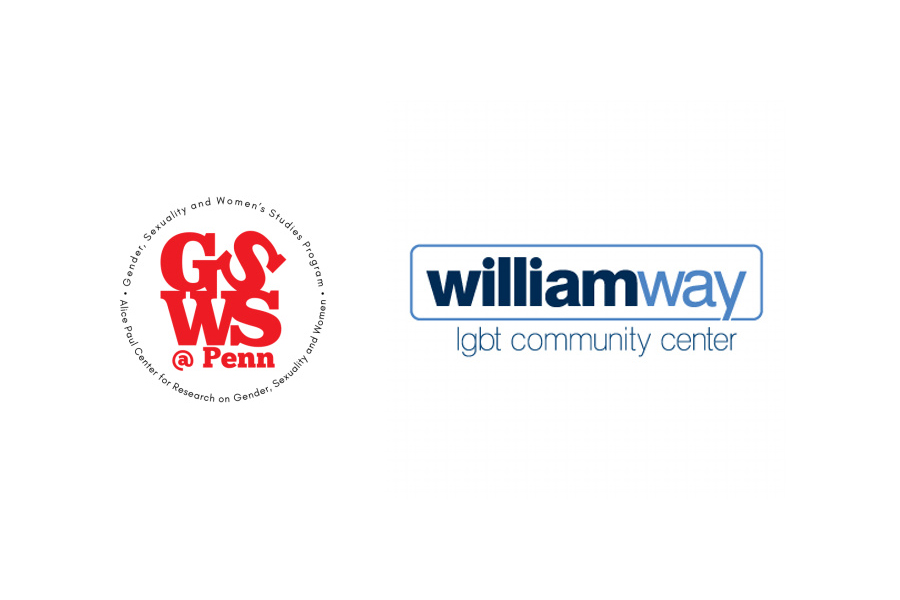The University of Pennsylvania’s Alice Paul Center for Research on Gender, Sexuality and Women is launching an initiative to document the oft-overlooked stories of trans, nonbinary and gender-nonconforming individuals in Philadelphia and across the country.
The Alice Paul Center Trans, Non-binary and Gender Nonconforming Oral History Archive will be completed in partnership with the William LGBT Community Center and Penn’s LGBT Center. Participants’ spoken accounts will be stored at UPenn’s Kislak Center for Special Collections, Rare Book and Manuscripts, while accompanying material artifacts will live at William Way’s John J. Wilcox, Jr. Archives, Philadelphia’s most-extensive LGBTQ history collection. The two elements will collide on an interactive website where users can read an interview transcript while clicking through accompanying digitized items.
Alice Paul Center researchers plan to start interviewing members of Philadelphia’s LGBTQIA-plus community beginning in Spring 2020, before branching out nationally. The research hub received a two-year “Making a Difference in Diverse Communities” grant from its Ivy League home to seed the endeavor.
“The idea is to center the voices of trans people by recording their stories as they want to tell them, not as they are required to tell them in medical situations or legal situations,” said Anne Esacove, associate director of Alice Paul Center, “but the stories that they want to tell about their own lives.”
Esacove added she hopes the collaboration will “create a resource that has this richness of stories” for artists, community activists and organizations, scholars and individuals to inform their own work. Once the archive is up and running, the center plans to organize a yearly symposium to bring together those working with the project’s content to explore possibilities for expanding the archives or better collecting material and increasing its accessibility.
While the project is currently in its infancy stages, over the next month the center is looking to hire a couple of project staff members, including a community liaison with deep ties to Philadelphia’s trans, nonbinary and gender-nonconforming communities. An advisory committee composed of LGBTQ community members and University of Pennsylvania staff and faculty will be assembled in fall.
The committee, community liaison and Alice Paul Center staff will work together “to make sure from the very beginning that we’re very mindful and purposeful of how we put together the project,” from recruiting participants to conducting and storing the interviews, Esacove said.
John Anderies, director of William Way’s John J. Wilcox, Jr. Archives, said the oral history archive’s importance lies in preserving these “voices that have been silenced and not heard for so long.”
“It’s really important for a community, especially one that has been oppressed historically, to have ownership of its history, its materials, its stories,” he said. “They need to also be in charge of telling those stories, so I would like to think that this will more thoroughly, more comprehensively reach toward that goal of making our community archives, making Penn’s connection to the community, more authentic.”
The oral history archive is part of a renewed commitment at the Alice Paul Center to buckle down on community engagement by working with members of the LGBTQ community, rather than simply researching the demographic, Esacove said. Likewise, Anderies said he hopes the project will expand upon the typical LGBTQ archive, in which it “has long been primarily white, cisgender gay men that are represented.”
The Alice Paul Center team also aims not to overshadow LGBTQ oral history preservation efforts by smaller community groups across the country, Esacove told PGN, but to use the Ivy League’s resources to amplify the voices of trans, nonbinary and gender-nonconforming folks in a “transformative moment in gender identity and embodiment.”
“We’re still in the middle of change: even the language that we use, how people are telling their stories, understanding their experiences, understanding their embodiment,” she added. “One of the things we’re particularly interested in is capturing this moment of flux, so we’re not expecting a specific kind of story. We’re hoping to get lots of different kinds of stories that really reflect the wide range of understanding and experiences at this moment.”
Anderies is also keeping an open mind about what kinds of stories will end up in the archives — but said he’s excited a team from Philly is working to find out.
“Because those voices have not been heard, in a sense, it’s anybody’s guess what will appear,” Anderies added. “But it’s so important to hear it.”

